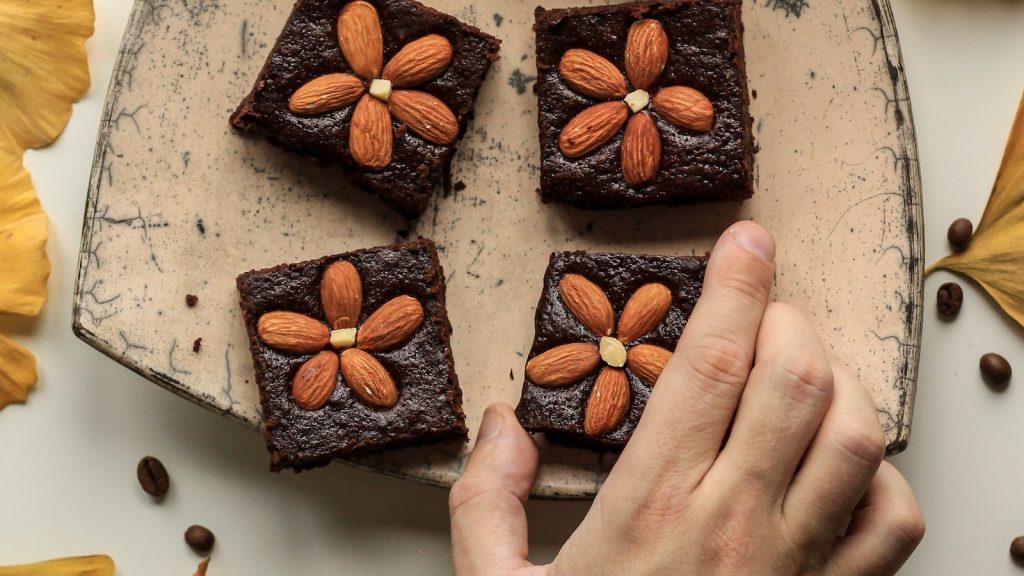
How can I adapt the keto diet to an athletic lifestyle?

Are you interested in learning how to unlock the power of the keto diet? This ultimate guide provides everything you need to know to properly implement this diet and to achieve maximum results. With the help of this guide, you’ll be able to get the most out of the keto diet, which ultimately leads to major improvements in your overall health and wellbeing.
What is the Keto Diet?
The keto diet is centered around a high-fat, low-carb eating plan. This diet thus focuses largely on healthy sources of fats, such as olive oil, nuts, fatty fish, avocados, and butter, and limits the consumption of carbohydrates. When carbohydrates are restricted, your body goes into a metabolic state known as ketosis, while your body begins breaking down stored fat as its primary fuel source.
Benefits of the Keto Diet
The keto diet has become increasingly popular in recent years due to its myriad benefits. Many of the benefits relate to fat loss and improved body composition, but the diet has also been shown to improve a variety of health conditions, such as diabetes, cancer, epilepsy, Alzheimer’s disease, and more.
How to Start the Keto Diet
One of the best ways to start the keto diet is by gradually reducing your carb intake. Start by reducing your daily carbs to 50-100g, and then gradually work towards the low-carb target of 20-50g. Your macros should be tailored to your personal needs, but a good guideline is to stick to eating 5-10% of carbs, 15-30% of proteins, and the remaining 70-85% should come from healthy fats.
Essential Keto Foods
When following the keto diet, it’s important to include nutrient-dense, low-carb foods and curb your consumption of high-carb foods. Healthy fats should be included liberally in your meals, while proteins should come from sources like fish, poultry, and grass-fed meats. Additionally, you should focus on including plenty of non-starchy vegetables and minimal fruits.
Tips for Success with Keto
- Eat plenty of healthy fat to help with satiety and protein to help maintain muscle mass.
- Drink plenty of water and other unsweetened fluids to stay hydrated.
- Minimize snacking to prevent overconsumption of calories.
- Make sure to include nutrient-dense foods in your diet.
- Monitor your weight, body composition, and food intake to track progress and results.
The keto diet can be an extremely powerful way to improve your overall health and well-being, but it’s important to follow the guidelines and tips outlined in this ultimate guide. Make sure to include healthy fats, proteins, and nutrient-dense foods, as well as tracking your progress to maximize the results of this diet.
